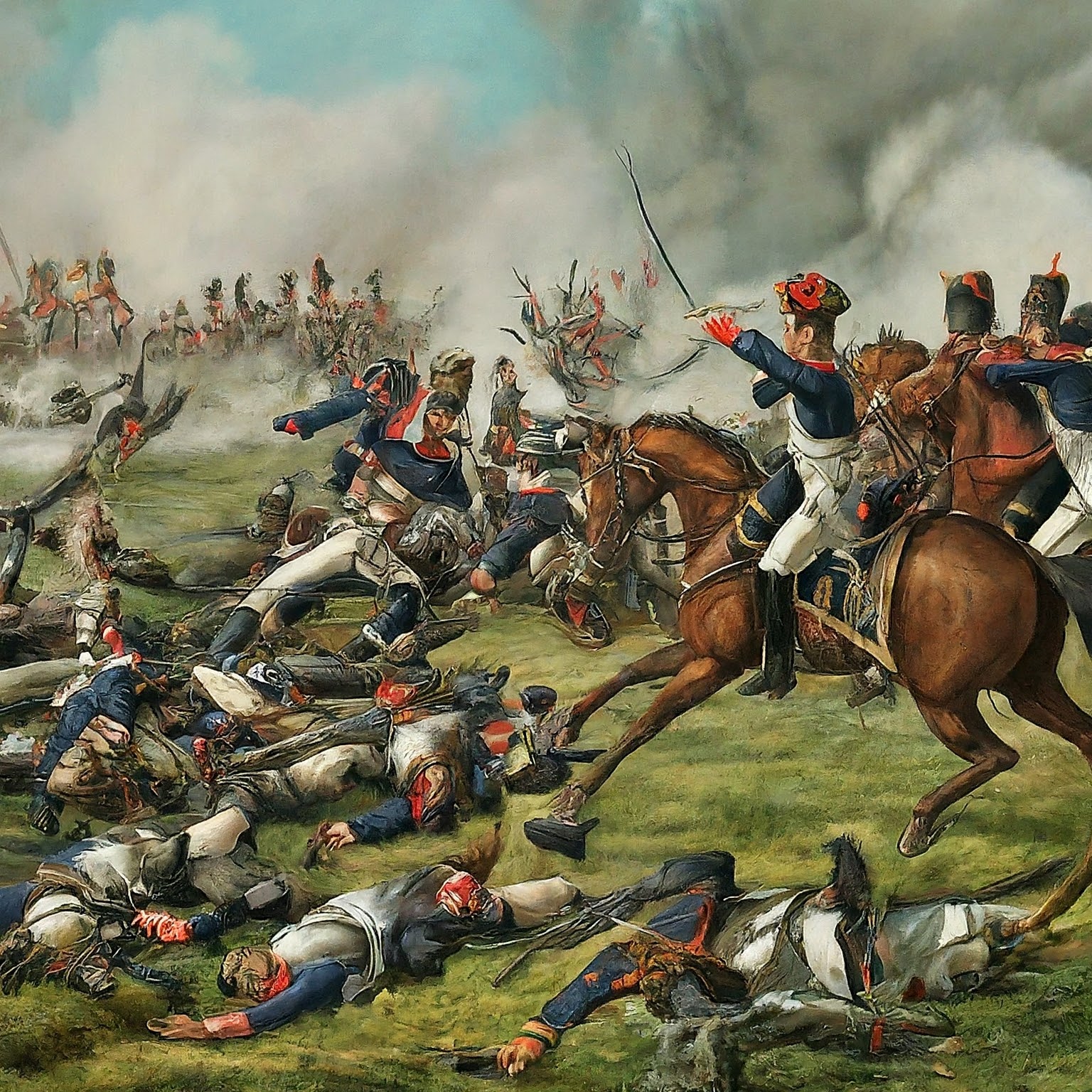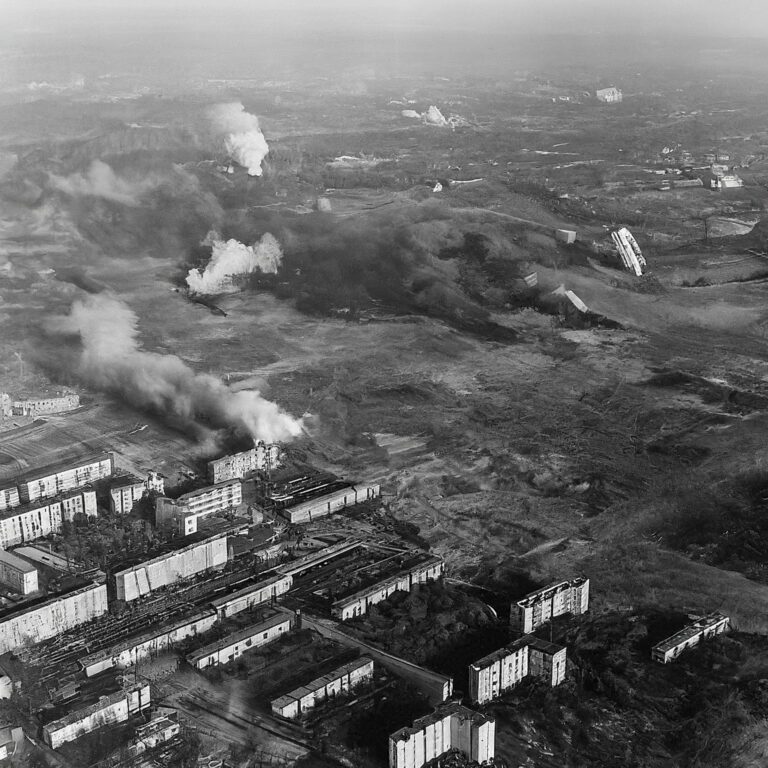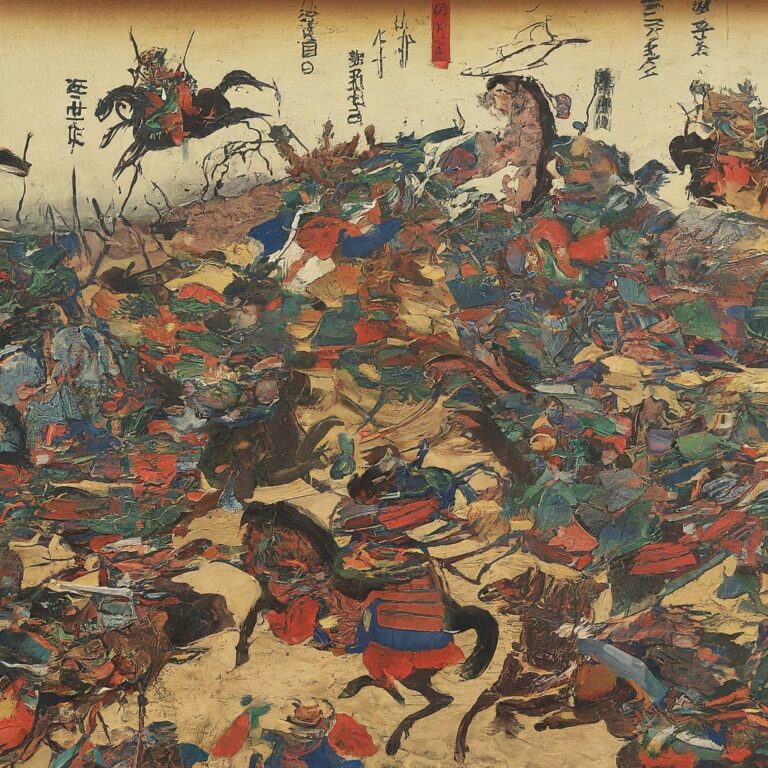The Battle of Waterloo, fought on June 18, 1815 CE, was one of the most famous battles in European history and marked the final defeat of Napoleon Bonaparte. It took place near the village of Waterloo in modern-day Belgium and was the culmination of Napoleon’s return to power during the Hundred Days following his escape from exile on the island of Elba.
Napoleon, having regained control of France, faced a coalition of European powers determined to stop him. The main forces arrayed against him at Waterloo were the British army, led by the Duke of Wellington, and a Prussian army under Field Marshal Gebhard Leberecht von Blücher. Napoleon aimed to defeat the British before the Prussians could arrive to reinforce them.
On the morning of June 18, Napoleon launched an attack on Wellington’s forces, who had taken up defensive positions on a ridge. The battlefield was muddy due to heavy rain the previous night, which slowed the French advance. Throughout the day, the French launched a series of assaults on the British positions, but Wellington’s forces, supported by artillery and cavalry, held firm.
The battle reached a turning point in the afternoon when the Prussian army arrived on the battlefield and attacked Napoleon’s right flank. Napoleon attempted a final assault using his elite Imperial Guard, but they were repulsed by Wellington’s troops. With the French army collapsing on both sides, Napoleon’s forces retreated, and the battle was lost.
The Battle of Waterloo ended Napoleon’s rule and the Napoleonic Wars. He abdicated once again and was exiled to the remote island of Saint Helena, where he spent the rest of his life. The battle had far-reaching consequences for Europe, leading to the Congress of Vienna, which reshaped the political map of Europe and established a balance of power that lasted for much of the 19th century.



